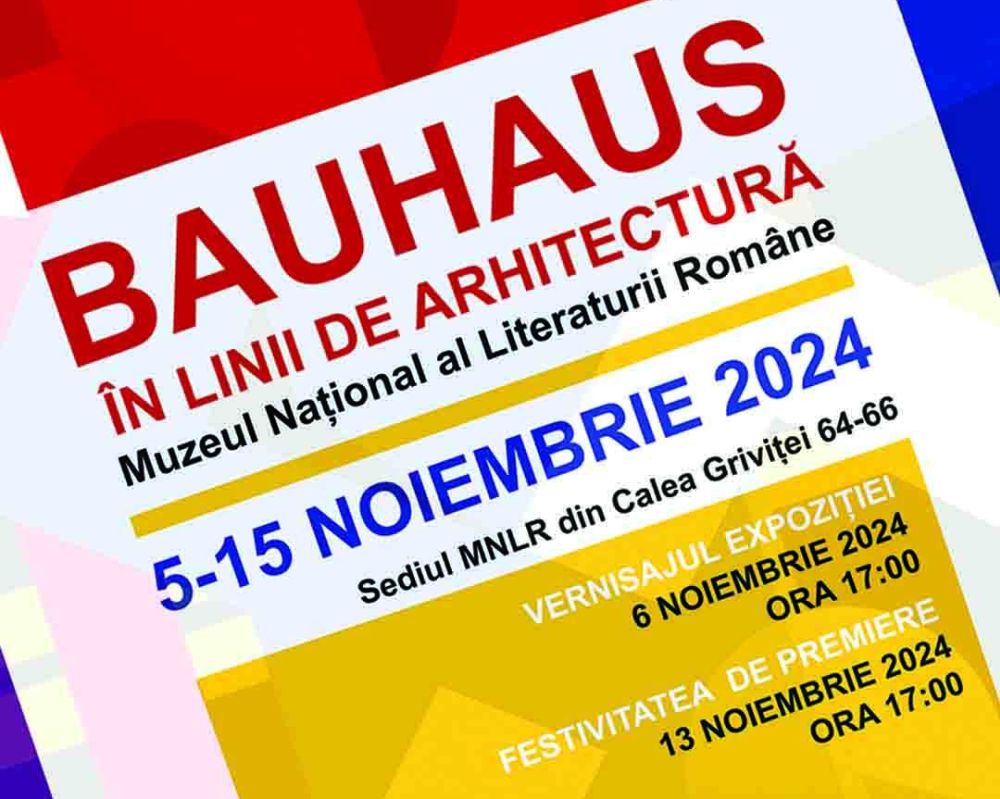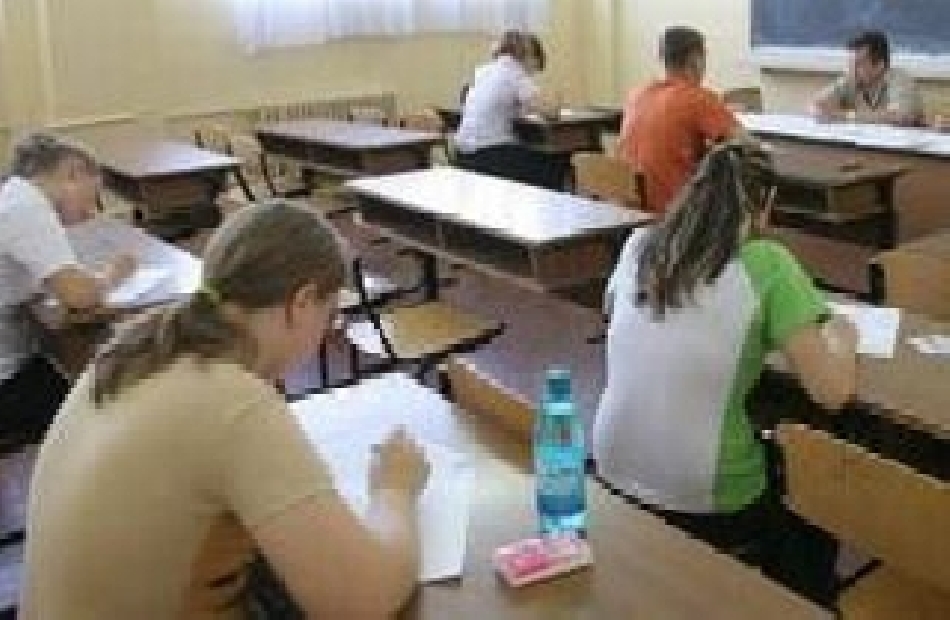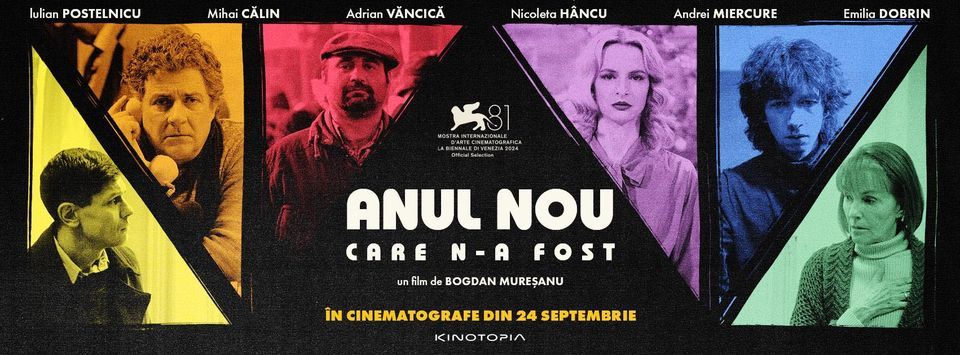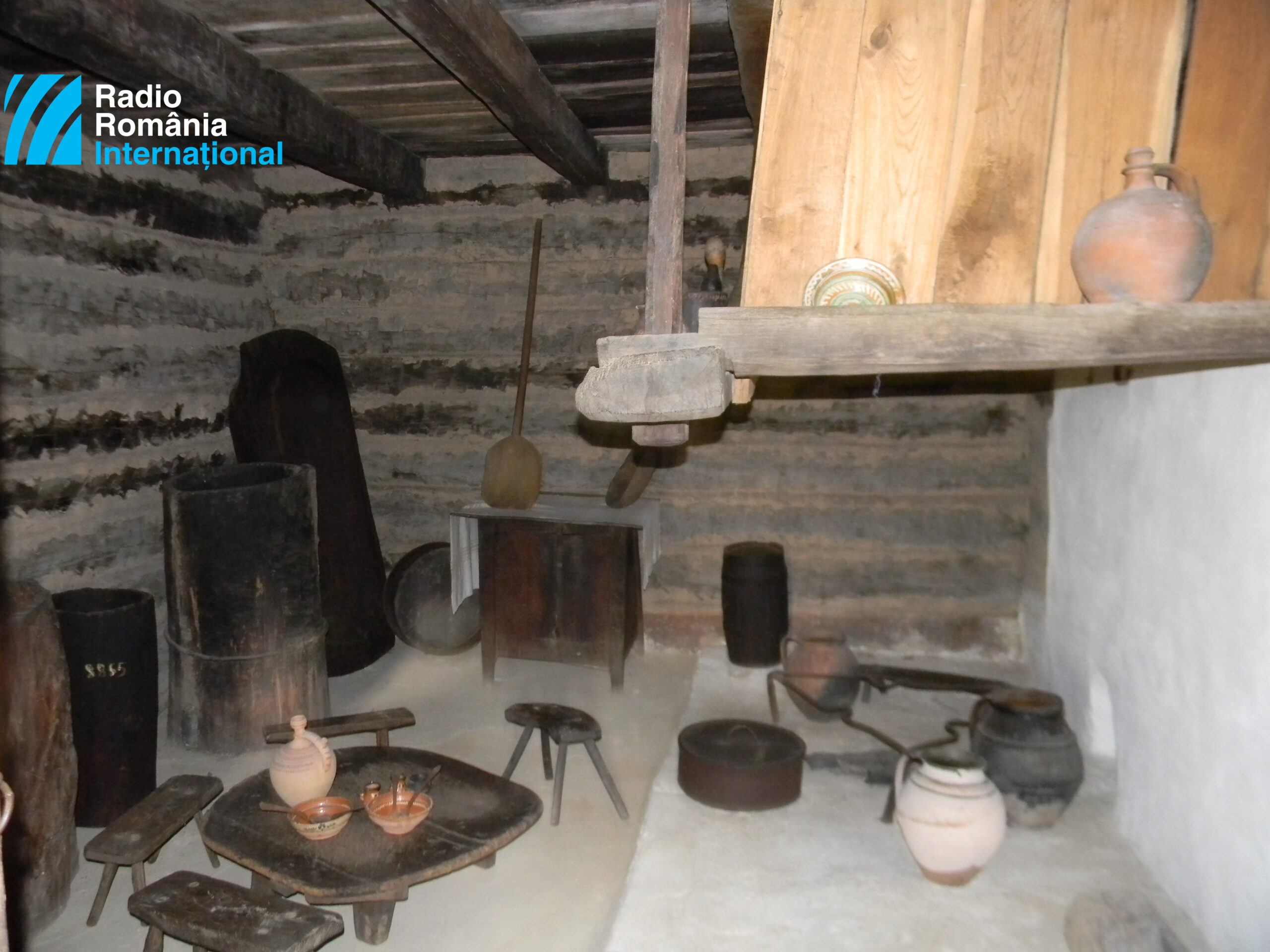The Mioritics Association
“It is not in stone that cultural heritage is inscribed, but in the experiences people share.
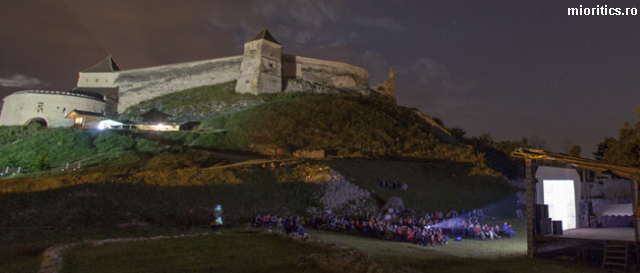
Ana-Maria Cononovici, 06.12.2015, 15:19
“It is not in stone that cultural heritage is inscribed, but in the experiences people share”. This is the slogan under which the Mioritics Association has been staging a series of activities which seek to protect and promote Romania’s cultural and natural heritage, and to develop its eco-tourism and rural tourism.
The association has been running for more than ten years now. With details on that, here is the Mioritics Association president Mihai Dragomir: ”Ever since we embarked upon that path, we have been seeking to promote Romania, to promote the less well-known sites. Back then we would mainly focus on the events that take place in rural regions. It is an association that has grown naturally, and at the moment we mainly run activities in the region of Transylvania, the Hartibaci plateau. Between 2004-2007 we only had seasonal summer projects, but starting 2008 we entered a partnership with the UNESCO regional bureau in Venice, which provided funding for our first truly important projects. And here I should like to mention the network of heritage info centers we opened over 2008-2010 in Sighisoara, Sibiu, Râşnov and Agnita; then there are the activities we initiated with children in Southern Transylvania’s villages with fortified churches, as well as small-scale cultural events we staged in those villages, with the clear aim of bringing a greater inflow of tourists. Then everything has been growing and little by little, we set up more relevant local partnerships, such as the one with the municipality in Rasnov, resulting in a series of cultural events we jointly stage with the local authorities. Specifically, we speak about the historical film festival, which is the most important event. Then we have the Historical Reenactment Festival, which as of last year has another fine outcome, in a project financed with Norwegian money, where we succeeded to set up a historical reenactment group in Rasnov. We also have the Play Mania Festival dedicated to children and the In the Name of the Rose Festival. “
Our guest also told us the Historical Film Festival is the most important event they have organized, and which next year will reach its 8th edition.
Although it looks like a niche event, here is what Mihai Dragomir told us about it: ”It is more than a festival, it is a complex cultural product. For ten days running, we have some 50 film screenings and more than 10 concerts. It is a summer school which has become very important in the last 3 years, where students from Romania and Republic of Moldova get together. We have a partnership with the Institute for the Memory of Romanian Exile, and with the Romanian Cultural Institute. Attending the summer school are students, historians, ambassadors, as well as eye witnesses of several historical moments. We also stage exhibitions and a book fair as part of the Festival.”
Another event that has become traditional, reaching the 7th edition this year, is the Historical Reenactment Festival held during the third weekend of August. Mihai Dragomir told us what ‘s new in the festival: “At every edition, we try to bring together groups dealing with various historical themes. The Festival illustrates various periods of time. The group established in Rasnov last year and this year, Living Rosenau, focuses on the 13th and 17th centuries. These are two important periods for the Rasnov fortress and this group is less warlike. In Rasnov, we’ve tried to lay emphasis on everyday life and the reconstruction of crafts in this area, because Rasnov did not boast too many conquests or attacks, but rather the craftspeople and traders there. This summer, 40 Vikings lived in the Rasnov fortress for 4 days and that was an example of historical reenactment and how such an event should be organized. We succeeded in compiling a guide book for festival organizers together with those Vikings, which we’re now promoting.”
The Mioritics Association has also carried out a pilot project in cooperation with a German partner: an education project for sustainable development, through which children learn a lot of things about apples, from the fresh apple juice they make and taste to other kinds of apple juice from shops, analyzing the relationship between the product quality and price. Recently, the Mioritics Association has come in second at an European Competition for the designation of Tourist Destinations of Excellence through a project promoting Southern Transylvania.
Mihai Dragomir told us how they would continue the project: “On January 1st we’ll start another project to mark hiking and biking trails and paths, in southern Transylvania, more exactly in the area between Sibiu-Fagaras and Rupea, an over 250 km long network, which continues another network, North of that destination, which is nearly 350 km long. Our destination will thus be of interest to those willing to come over and practice slow tourism.”

